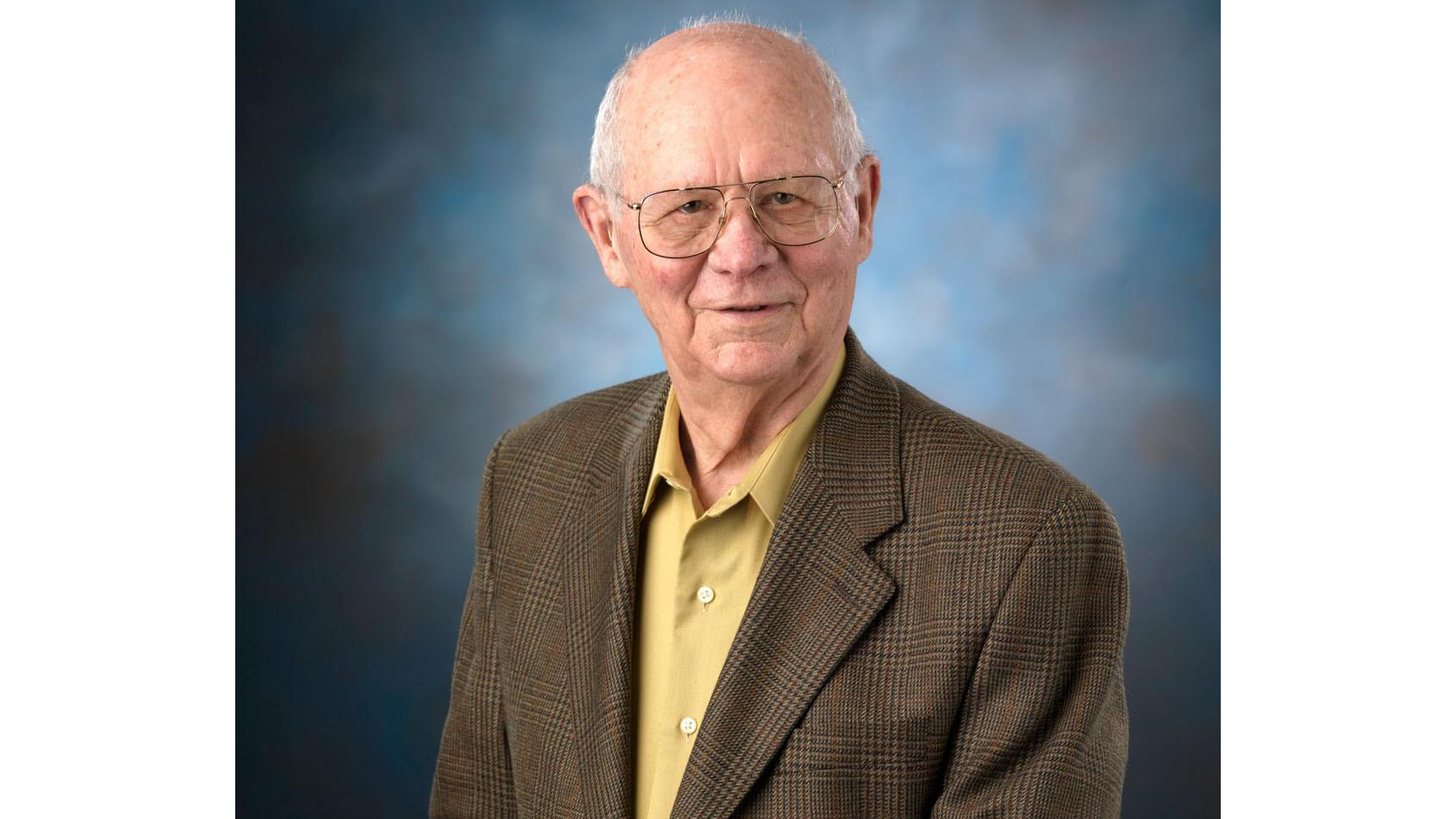Oh, SNAP: Time to erect ‘saving barriers’
Published 9:45 pm Tuesday, October 3, 2017
I spent a good part of my summer delving into a convoluted subject — our government’s food stamps program, known now as SNAP. At one point in my research I sat across from officials at SNAP headquarters in Arlington, Virginia, and made a request: Show me a success story.
I had talked with lawmakers, gatekeepers, and a homeless guy who used his EBT card when the shelter he utilized “served crap.” I was ready to explore another dimension.
“Put me in touch with someone who was truly helped by food stamps,” I asked. They promised to give me some names. “Someone in Mississippi would be nice,” I added, ready to head home. That’s when I was introduced to Antonette Smith.
If getting off SNAP is the real measure of success in a food safety net program, success was a long time coming in her case. Raised near Pembroke, Illinois, a community whose poverty has made headlines for four decades, Smith spent 14 years on the receiving side of the food stamp equation. She says having five children around her dinner table meant $600 dollars of benefits each month — “full cabinets and a full freezer. It helped.” Smith, 41, admits a drug habit sometimes caused her to put the family’s food stamps in the hand of her responsible oldest daughter, but that changed when she moved to Mississippi and turned to God: “I wanted to live for Him and mother my children right. I began to walk in the calling the Lord had given me.”
Smith earned her GED diploma and then used SNAP’s transportation services to find work, eventually holding two jobs to keep her family out of public housing. The Brookhaven resident agrees with lawmakers who want to make employment part of the SNAP package: “I could have easily said they’re going to take care of me, but it wasn’t designed to be a lifestyle, just a helping hand.”
Still, Smith says giving up that sense of security was hard when, in 2015, she couldn’t renew her SNAP benefits because she no longer had children living at home: “It felt good, but I was at a loss. I had been on food stamps for so many years.”
Smith says her SNAP story might read differently if the church had played a bigger part in it. She tells of a time when she had no money to pay her light bill after an automobile wreck. When Smith asked for help, church leaders directed her to a government program.
“I had been in my Bible enough by then to know that God never told the government to take care of His people. That’s a problem — teaching faith and belief in God, then telling me to go to the world.”
Now the business owner and author is focused on giving back. Two years ago she launched Empowerment Ministries, an outreach to help students enter the job force. As Smith leads participants in Bible studies, she also teaches them how to sit up straight and to extend their hands during introductions. The ministry maintains a clothes closet of business suits and provides two weeks of gas money for new employees waiting on their first paycheck.
Empowerment Ministries helps people depend on work rather than welfare. That’s the real success element in Smith’s story.
It’s also in keeping with what President Franklin Roosevelt, Mr. New Deal himself, wanted. In 1935 he said: “In this business of relief we are dealing with properly self-respecting Americans to whom a mere dole outrages every instinct of individual independence. Most Americans want to give something for what they get. That something, in this case honest work, is the saving barrier between them and moral disintegration. We propose to build that barrier high.”
That’s not impossible, even today. The state of Alabama’s recent effort to erect “saving barriers” resulted in an 85 percent drop in food stamp participation for 13 counties. The findings involve a subset of participants known as able-bodied adults without dependents (ABAWDs), ages 18-50. When work requirements were put in place on Jan. 1, the number of ABAWDs collecting food stamps in those counties declined from 5,538 to 831, according to the Alabama Department of Human Resources.
Alabama should be applauded for taking measures to reign in SNAP abuse, but building barriers doesn’t seem to be a priority on Capitol Hill, even with a GOP Congress in place. At a budget hearing I attended in June, the talk among representatives was SNAP innovation — new mobile apps and on-demand phone recertification — not the dangers of moral disintegration of which FDR warned.
Even so, the Trump administration has proposed a nearly $193 million reduction over the next 10 years in SNAP spending. That’s ambitious for a program that critics say has been running on autopilot (and ever-increasing appropriations) since the 1970s. But at the White House, Office of Management and Budget Director Mick Mulvaney says welfare reform is coming: “We are no longer going to measure compassion by the number of people on those programs. We’re going to measure compassion by the number of people we can get off those programs.”
Good. Let’s get the ball rolling.
Kim Henderson is a freelance writer. Contact her at kimhenderson319@gmail.com.





